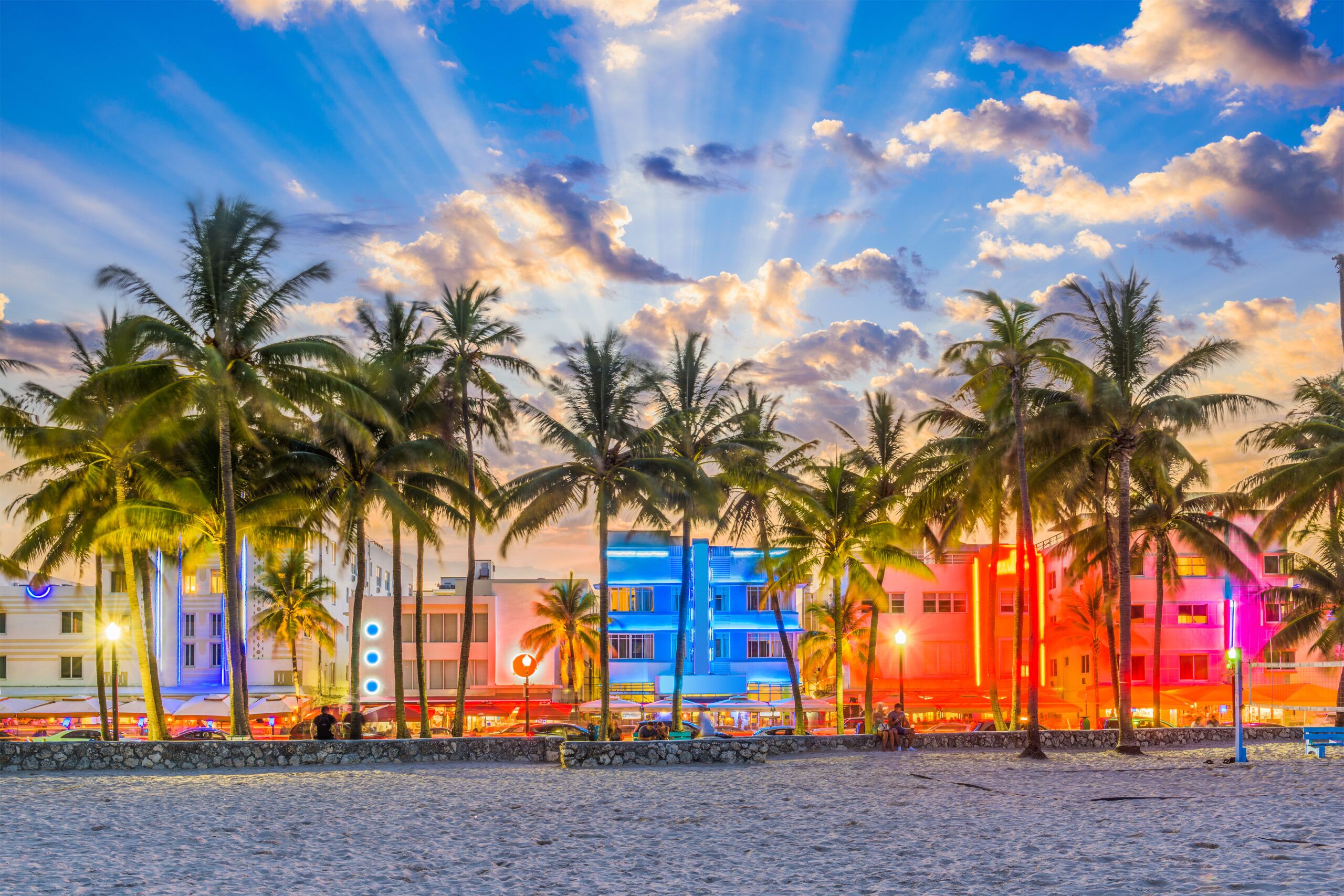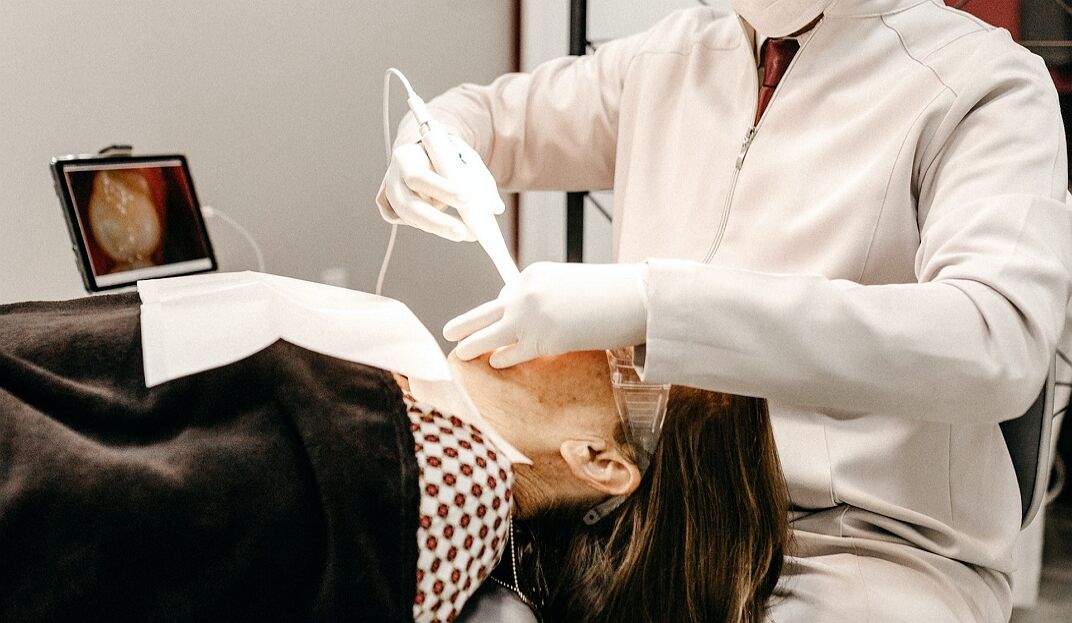The New Zealand Herald

- Anti-aging, Press
The New Zealand Herald
They lost their homes and loved ones, but Sri Lankans affected by the Boxing Day tsunami have not given up hope of rebuilding their lives. Kaitaia nurses Terina Gladding and Raina Kitchen have spent 10 days working in relief camps around Batticaloa, on Sri Lanka’s east coast, and came away bowled over by the Sri Lankans’ positive attitude. “They’re so resilient. They want to get on with it and there’s a lot of hope,” Mrs Gladding said.
“They have been through a civil war and this is one more thing for them to deal with.” More than 290,000 people died around the Indian Ocean when a tsunami struck on December 26. Sri Lanka was one of the worst-hit areas, prompting the nurses to want to help out. “They’re beautiful people – they have gone through heaps,” Mrs Kitchen said. Mrs Gladding and Mrs Kitchen are nurses for Kaitaia Maori health provider Te Hauora o Te Hiku o Te Ika.
Thanks to their fellow healthworker, Dr Michael Hall, arranging to work at relief camps in Sri Lanka, the experienced nurses grabbed at the chance to travel to the ravaged east coast. Fellow Te Hauora o Te Hiku o Te Ika workers Roger Barton and Monique Kaupa also travelled to Sri Lanka to help out. All four workers paid for their expenses.
Mrs Gladding and Mrs Kitchen – the mother of New Zealand squash champion Shelley Kitchen – spent about $2000 each on the trip. The pair arrived in Sri Lanka on January 12 to see “a lot of devastation” – flattened homes, debris, washed-out roads and ravaged pastures everywhere. Their work consisted of travelling about six hours a day – in stifling 30degC-plus heat – to make-shift camps around Batticaloa, helping patients with wounds such as severe bruises and chest infections. Some of the injured had walked kilometres to receive medical help.
Many of the injured received their wounds when the tsunami threw them against buildings, the nurses said. A number of the relief camps had rudimentary facilities such as basic tents for injured people to sleep in. Some of the relief camps were in separatist Tamil Tiger country, where the rebels carried guns around in a “tense” atmosphere.
The New Zealand Herald
Three Far North Health workers have given up their holidays to help tsunami relief efforts in Sri Lanka. The trio, from Kaitaia Maori health provider Te Hauora o Te Hiku o Te Ika, were taking leave without pay and paid their own way to help provide medical care to survivors of the Boxing Day tsunami that devastated large parts of Asia and killed more than 156,000 people.
Child health nurse Raina Kitchen and mental health nurse Te Rina Gladding flew out from Auckland on Tuesday for Sri Lanka and will be joined by Te Hiku’s clinical manager Roger Barton at the end of the week.
They will join fellow Te Hiku worker, doctor Michael Hall, who left for Sri Lanka on January 2. Mr Barton said the four were moved by the tsunami disaster and felt compelled to do something. They will work at Batticaloa, on Sri Lanka’s east coast, where the tsunami killed 20,000 people and made 250,000 homeless. “When we got the news (on Boxing Day), we were sitting down discussing it and said we don’t just want to send money – we wanted to do something more but wondered what,” he said.
When Mr Barton found out that the big aid agencies were not wanting volunteers to go to the areas, he contacted Auckland Hospital, hoping that some doctors and nurses there may have the same idea. From there, he was put him in touch with Middlemore Hospital’s head of vascular surgery, Peter Vann, a native Sri Lankan who was about to leave for Sri Lanka himself to help the relief effort.
Dr Hall teamed up with Mr Vann when he arrived in Sri Lanka last week and the two have established a relief operations base in a church at Batticaloa. The trip, which will be far from a holiday, is costing each of them several thousand dollars and Mr Barton said any financial help or sponsorship from the public or companies would be greatly appreciated. “We want to try to get a four-wheel-drive to help us get around there as they have nothing.
Also we want to get a large water storage tank to keep a good supply of clean water, because they have nothing like that there,” he said “It’s been quite difficult (raising the money to make the trip) but we are all determined and want to help.”
Mr Barton said several other Far North nurses were keen to follow them out to Sri Lanka, but could be prevented because of a lack of funds.
He is realistic about what to expect when he gets to Sri Lanka, having been kept up to date on the devastation by Dr Hall. “He said that on each incoming tide, more bodies are brought in and the stench is pretty bad. Also there are still villages that have not been reached yet so there are some pretty terrible things to come,” Mr Barton said. “We know we are likely to come across some pretty horrific things, but we are prepared for it.”
One of the biggest problems Dr Hall had reported was a lack of co-ordination of relief efforts, which all four hoped to improve.




